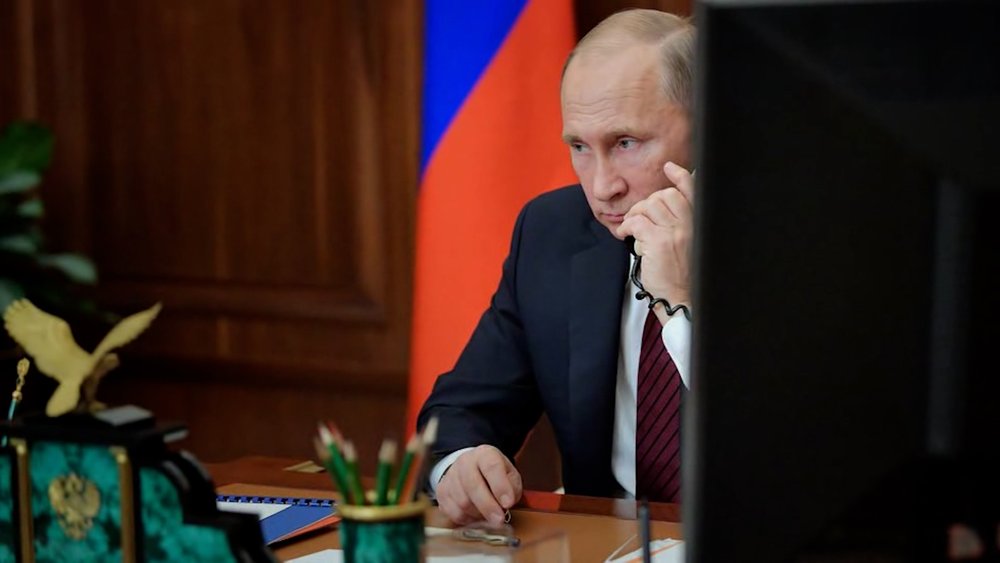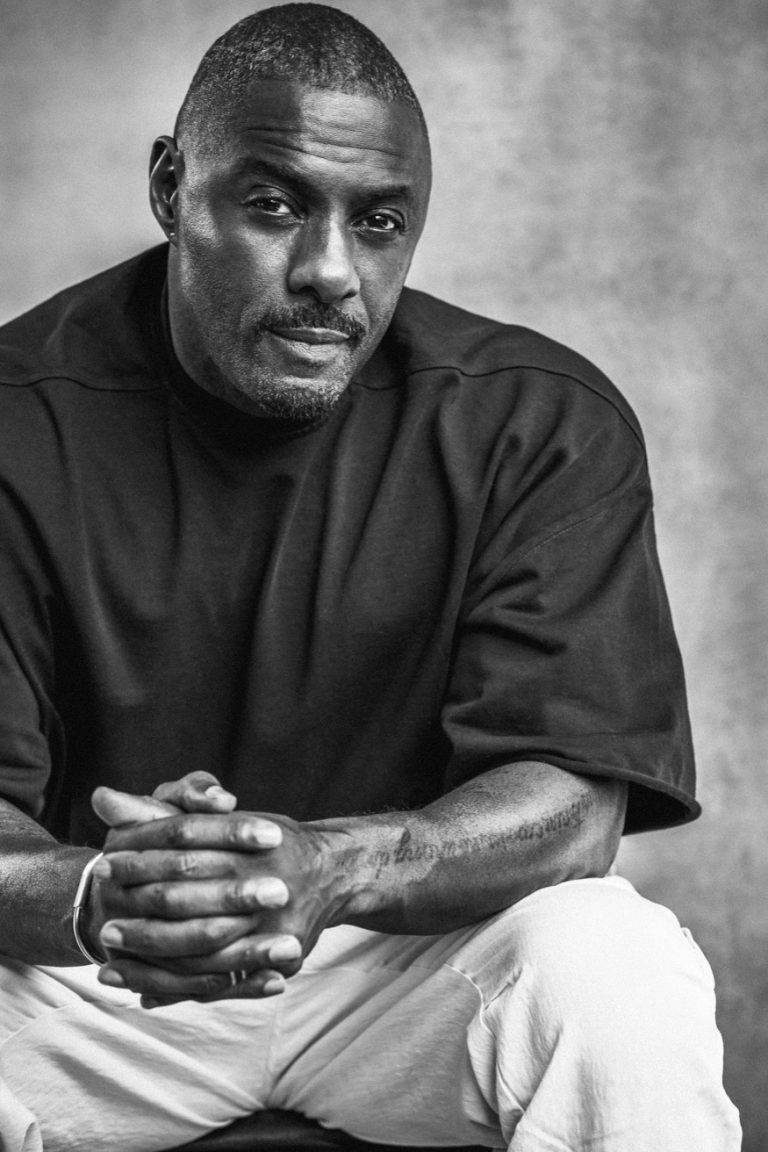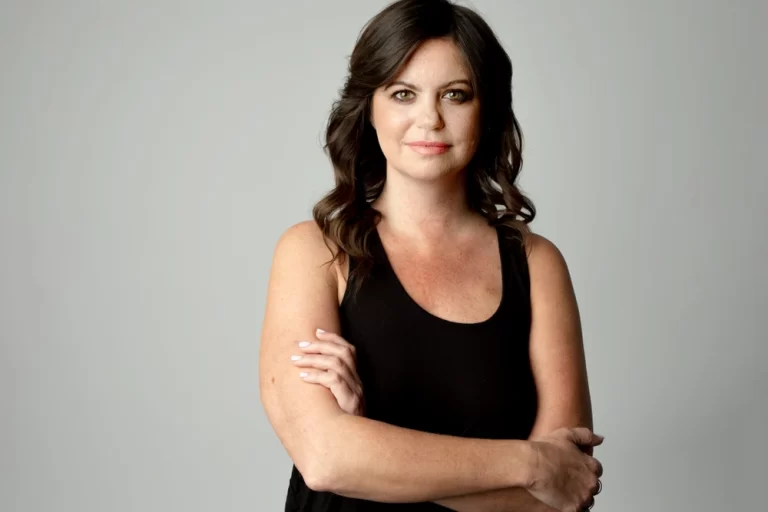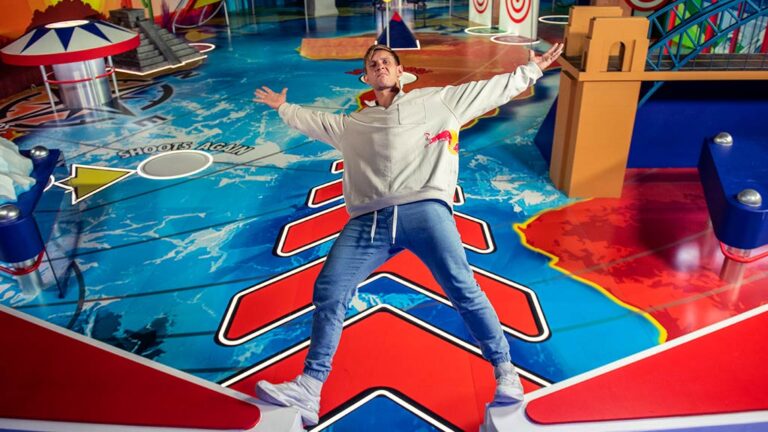Zinc Media Group plc (LON:ZIN) Series Director Tim Stirzaker caught up with DirectorsTalk for an exclusive interview to discuss winning the duPont Award for Putin vs the West series, the process of being selected, what we can expect from the second series, and what message he wanted to convey to the public.
Q1: First off, congratulations on Zinc Media’s Putin vs the West, winning the coveted duPont Award in New York. Could you just tell us a little about the series?
A1: So, Putin vs the West is a three-part series that we made for BBC 2, as well as Arte France and various other broadcasters in Europe, and it was on BBC Select in the States.
It’s a three-part series telling the inside story of the 10 years or so leading up to the invasion of Ukraine, and in particular how the West has struggled to deal with Putin over that time period. It didn’t actually start out as the road to war as such, because when we began work on it, it was at least a year before the invasion, and people weren’t even really talking about it as a possibility.
So, we were researching the series, which was meant to be just how the West deals with Putin, this very problematic leader, increasingly problematic leader but as the months went by and the war drums got louder, it became a series that was telling the story of how the West had initially tried to deal with Putin, to bring him into the tents and such, but in fact became a story about how Putin launched his invasion.
So I made it, I was the series director, Norma Percy was the series producer, and Norma has been making these series for many years. The style is very similar in all of them, there is no narrator, it’s very straight storytelling, with one key rule, which is we only interview people who are there inside the room for the key moments. So, in this case, that was Presidents, Prime Ministers, their top advisors, the people who were actually doing these things.
For series one, we had David Cameron, Francois Hollande, Jens Stoltenberg, Secretary General of NATO, various foreign ministers, and Zelensky himself. It’s really by listening to them and getting a sense of their stories that you can feel this, not just on a political level, but on a human level as well.
Q2: Could you expand on the process behind electing the winner for this prestigious award?
A2: So, the duPont Columbia awards were started in, I think 1942, they’ve been around for a very long time, and they’re very highly respected in the world of journalism in particular.
The basis for them is simply for excellence in broadcast journalism so there aren’t a set number each year, the judges look at all forms of broadcast journalism so radio, TV, podcasts, TV news, as well as longer form documentaries. Anything that they think is worthy of an award, they will give one.
So there are a number of people who won and we were totally over the moon to be selected, it’s a bit like a Pulitzer Prize, but for broadcast, that’s how they’re selected.
It’s run by the Columbia Journalism School in New York, a very prestigious journalism graduate school. The judges will just sit and watch hours and hours of documentaries, I believe, and they judged that we were worthy winners.
The reason we were particularly excited, I think, was that it got a really good reception in the UK and in Europe. The BBC Select is a relatively new service in the States, and it hadn’t had the huge exposure in America that it had had over here so it came as rather a surprise that the judges had actually made sure to give us an award for it.
Other awards, we were there among some local news networks and national news networks, quite a few podcasts so it’s nice to be in the company, not just of other documentary makers, but a really broad range of journalists.
The general public received it well too, IMDb gave it a high score, which you don’t see these days.
Q3: The second series of Putin vs the West was aired on the 29th of January on BBC2, what can viewers expect from the upcoming season?
A3: Series two was commissioned almost pretty much within days of series one going out.
The first series ends with the invasion of Ukraine, it’s the night that Putin launches the invasion, in fact, the final scene in the first series is President Zelensky waking up in the middle of the night with the news that the bombing has started. He describes how he turned to his wife and says to her, what should we tell the children?
And it’s the wrong word, but within days, the BBC had said to us, look, we know what happens next. So can we tell the next part of the story? And so it’s two one hour programmes telling the story of that first year in the same style, only interviewing the top people who were there in the room.
So again, we interviewed the Ukrainian government as well as Boris Johnson, we interviewed Rishi Sunak, Liz Truss, the Secretary General of the UN, Antonio Guterres, as well as a number of other top officials in Europe.
The other thing we want to do in the second series is just expand it a little bit beyond just the West so the second episode actually looks at the impact of the war beyond Europe and NATO and looks at the global south food crisis that’s come out of it. Also, Putin’s relationship with China and how that has made it possible for Putin to prolong the war.
Q4: As a director of the series, what message did you want to convey to the public?
A4: The thing that is quite dangerous, I think, to go into the world of conveying messages, because these are these series are anything but didactic, we just want to show the viewer what it was really like.
The one thing that I always hope with these series is that they’re about politics and things that can quite often be quite dry, certainly very serious, and the people that we interview are often not seen as anything other than politicians who will stand up and give sound bites to the news. I think the one thing that we’re trying to do with these series is to turn what can be a quite dry political story into a human story.
So, when we’re interviewing Rishi Sunak about his policy towards Ukraine, in fact, he talks much more about what it was like going to see Zelensky and the importance of that contact. He talks about going to have a drink with Justin Trudeau and why it was important for them to talk about these things face to face.
There’s a moment in episode one of series two where the Secretary General of NATO, Jens Stoltenberg, has to tell Zelensky that NATO cannot provide a no-fly zone because of worries about escalation if NATO directly engages with Russia. It’s a really difficult conversation, but one that really can only be had when you do have a close relationship.
The one thing that I hope viewers get from this is that, yes, these people are politicians that make difficult decisions, but they’re also humans with relationships, and that’s something that should be explored by documentaries like this.
Zinc Media Group are an award-winning, critically acclaimed television and content creation company producing award-winning programmes for broadcasters, global networks and VOD platforms.







































